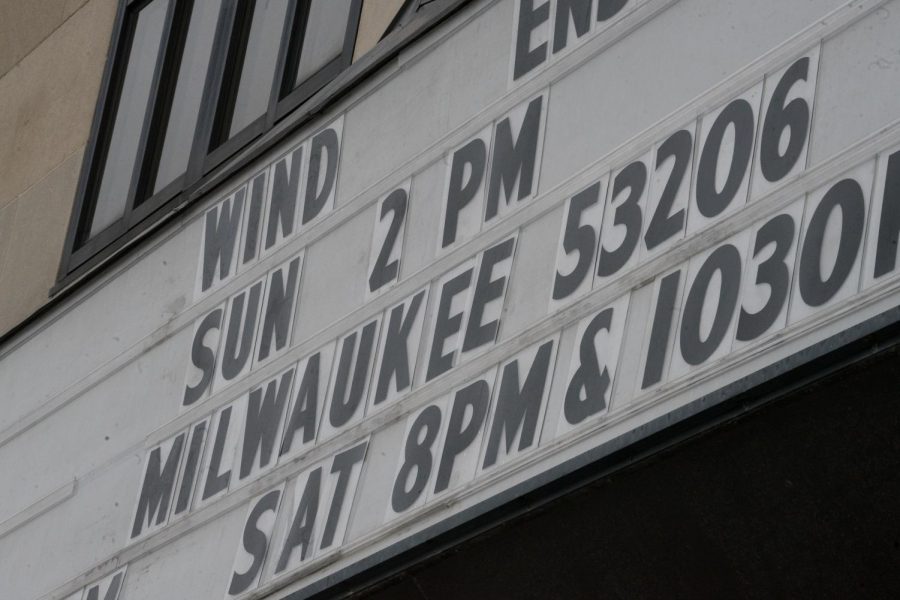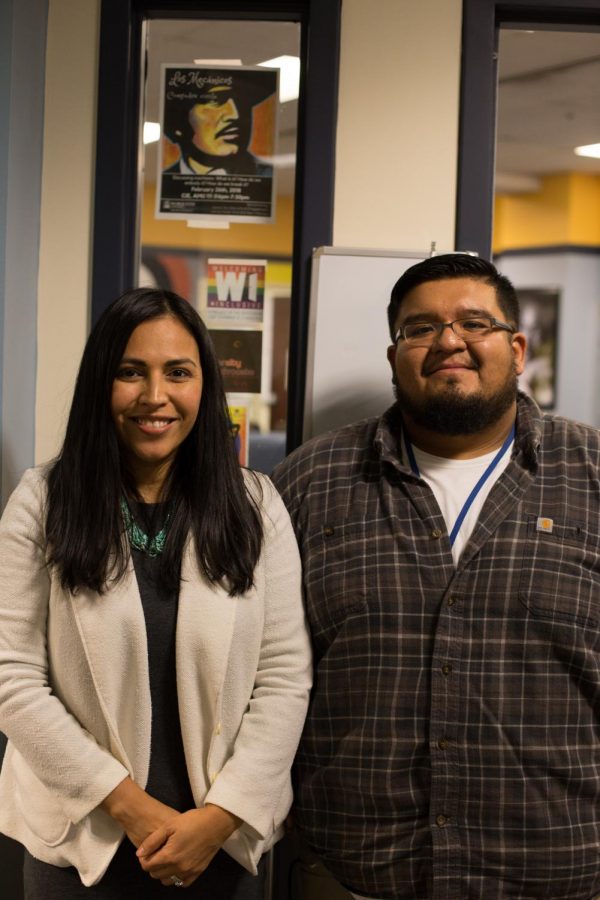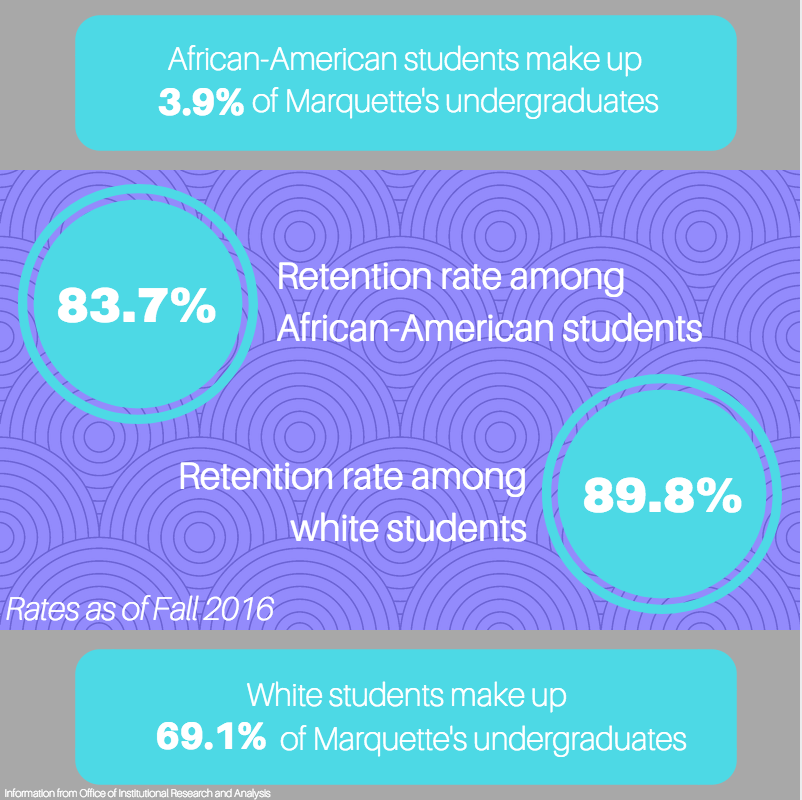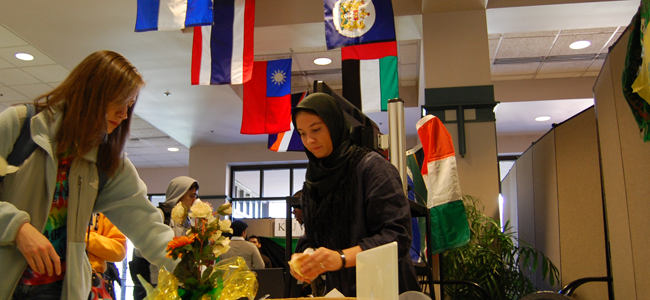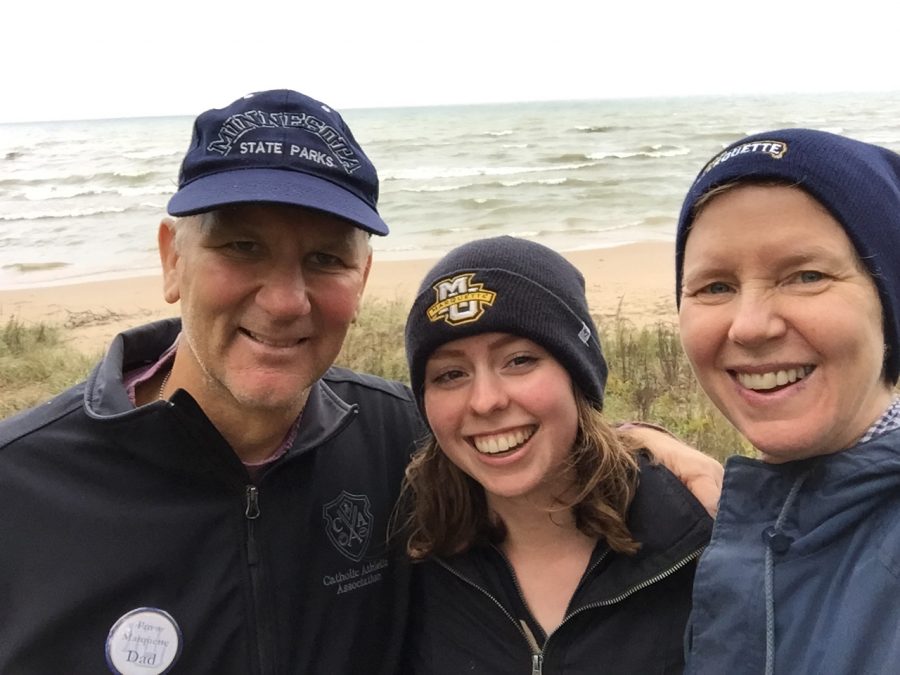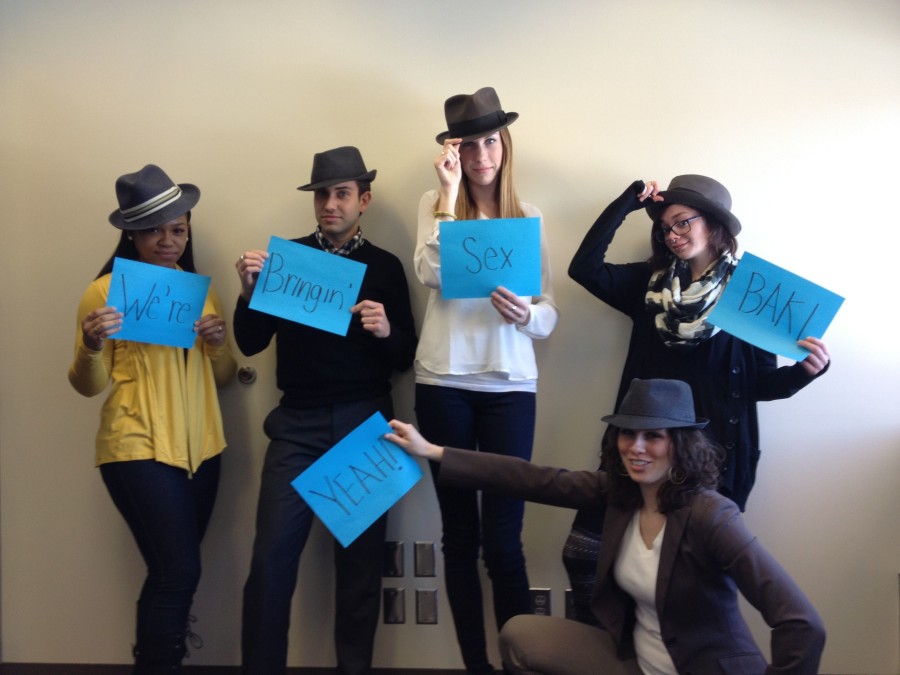
Gender expression, identity, and gender roles in society and at Marquette were the focus of a town hall-style meeting held last Tuesday in the Center for Intercultural Engagement.
About 40 people took part in “Let’s Talk About…Gender, Sex, and Gender Expression,” the second of several meetings sponsored by The Center for Intercultural Engagement. The discussion was led and facilitated by Susannah Bartlow, the director of the Gender & Sexuality Resource Center, and Sheraden Bobot, program assistant for the GSRC.
It was a chance for students to discuss their understanding of gender roles and to learn vocabulary they might not have been exposed to prior to the meeting. The major learning point from the evening was the difference between sex and gender.
“We frequently use sex and gender interchangeably when they mean different things. Sex is biological in nature while gender is a social construction,” said John Janulis, coordinator for intercultural engagement in the Office of Student Development, in a follow-up email.
Among the topics discussed was a “Mrs. Degree”, the concept that women enter certain majors in order to get married, not because they are interested in the subject matter.
Participants discussed the challenges facing different sexes within certain majors, as well. Male students who enter the College of Nursing and female students in science- or math-based majors such as engineering often face negative stereotypes because they study in fields typically associated with the opposite sex.
According to the Marquette Fall Semester Census, less than 10 percent of freshmen in the College of Nursing from 2009 to 2012 were male, while females made up between 18 and 22 percent of freshmen in the College of Engineering over the same period.
“Our main goal for (the meeting) was to provide a safe space for students to talk openly and honestly about their understandings and experiences related to their identities,” Janulis said.
Although gender may not seem particularly controversial for a discussion topic, experts often cite it as a major factor in societal norms and identity.
“Gender is inextricably bound up in all our social and cultural structures,” said Pamela Hill Nettleton, an assistant professor in the College of Communication, in an email. Nettleton said expectations associated with a given gender are assigned early and are continued throughout life, aided by media portrayals of gender roles.
“In any cultural and social organization, including educational ones like universities, many of these assumptions are readily revealed,” Nettleton said.
Following the event, Bartlow said there were many different levels of understanding among the attendees, sometimes making it challenging to start the discussion.
“My hope is that we can get to a deeper place in the conversation,” Bartlow said.
Despite the challenges facing the discussion, feedback from students and organizers appeared positive.
“Intercultural Engagement is doing something good here – hosting discussions about important issues and how they impact the Marquette community,” said Jesse Dirkman, a senior in the College of Arts & Sciences who attended the discussion. “It’s an idea with a lot of potential, and I hope that these discussions continue in the future.”

